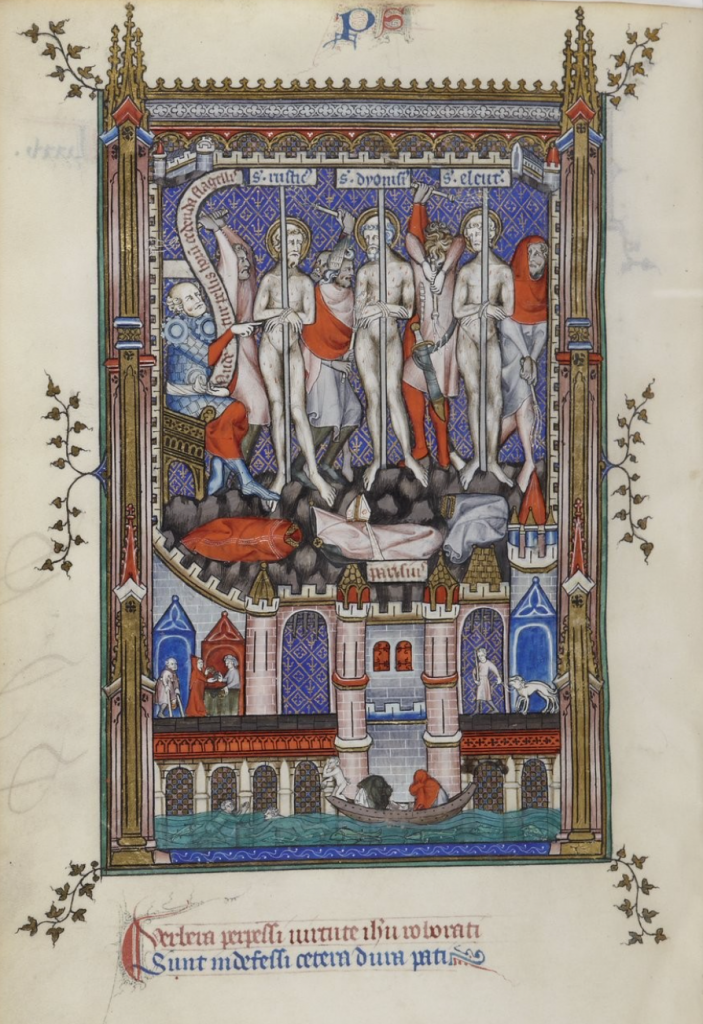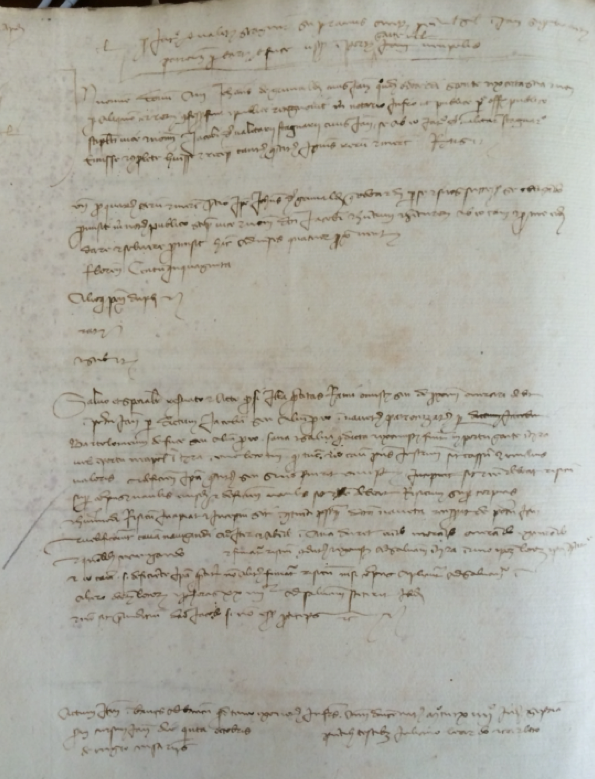Dr. Sarina Kuersteiner presenting online at the IHS London


HCMH’s post-doctoral fellow, Dr. Sarina Kuersteiner, will be giving an online talk at the IHS London (Institute for Historical Research, School of Advanced Study University of London) entitled “Risk Commodity: Insurance Contracts, Economic and Juridical Thought (ca.1100–1400)”
The lecture will take place on Thursday, May 19, 2022, at 16:30-18:15, London time
Pre-registration is required: https://www.history.ac.uk/events/institutions-risk-and-uncertainty.
Abstract:
“Insurance” as the idea that risk can be sold and bought as an intangible – a commodity separate from money or goods – appears in the northwestern Mediterranean in the form of Latin notarial contracts toward the middle of the fourteenth century. Scholars have given two dominant explanations for why insurance appeared in the form of a contract by 1350. First, they argue that when trade became sedentary, investors who no longer accompanied their wares needed an instrument to protect them effectively. Second, they interpret the development of the insurance contract as an attempt to circumvent the usury prohibition. But neither of these explanations account for Jewish and Muslim traders, who did not develop risk as an intangible commodity, even though, like Christians, they operated through sedentary merchants and took the usury prohibition very seriously. Analyzing the language of risk transfer in Latin contracts from ca. 1100 to 1400, this article shows that risk crystallizes into a tradable commodity alongside the integration of elements such as probability and doubt – key elements of risk – into theological and juridical thought. The combination of documents of practice and theological and legal treatises sheds new light on complex issues in the history of medieval economic institutions.

